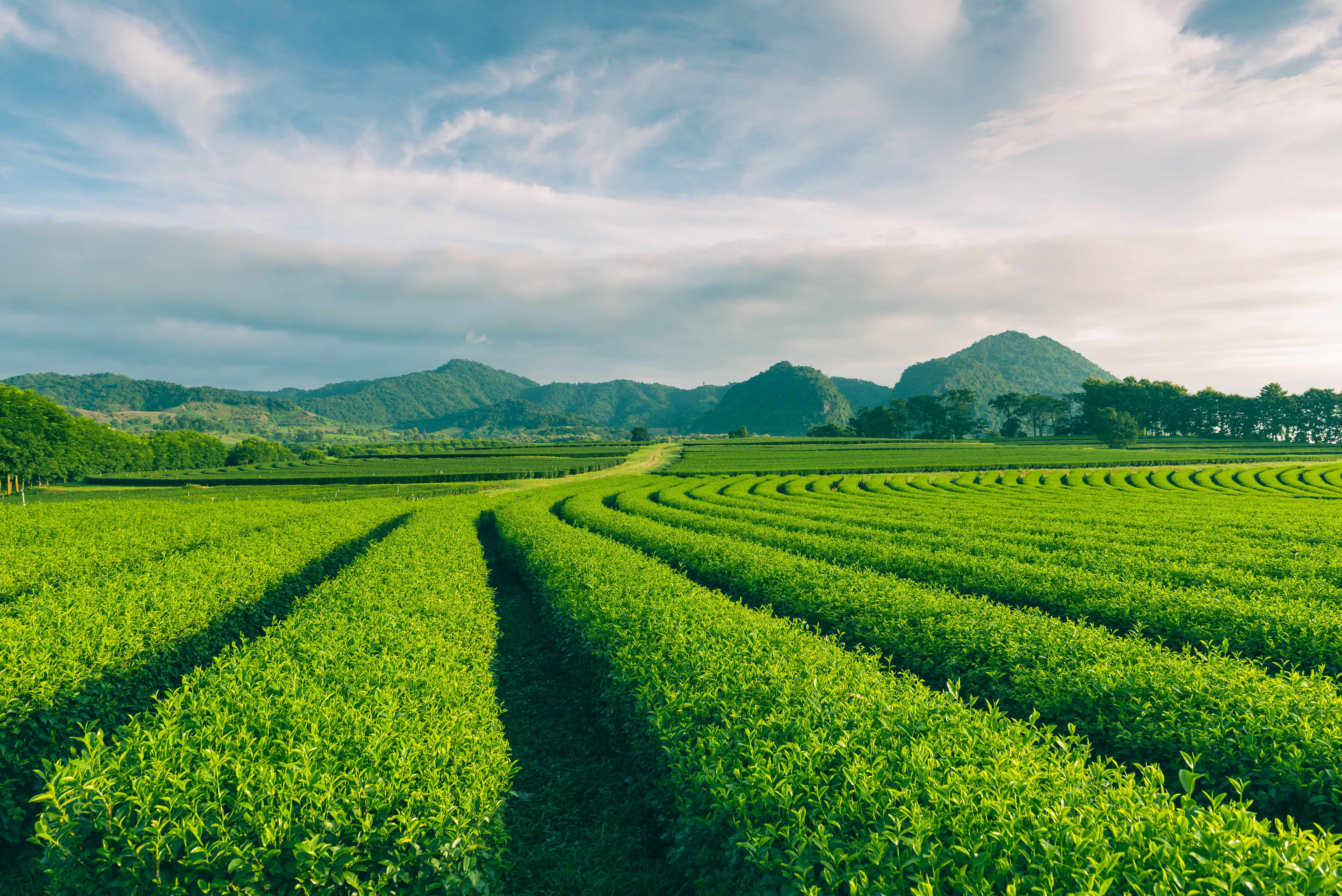Future prospects for food and beverage industry recruitment in South Korea
South Korea has a fast-paced, dynamic food and beverage market in which new trends and ideas are readily embraced by consumers. The country’s local food processing, food service and retail industries are undergoing steady expansion, whilst increasing consumer incomes are encouraging demand for increasingly sophisticated and diverse food choices. In addition, the country is also a world-leader when it comes to finding long-term solutions to the escalating problems facing the agricultural sector brought about by climate change.
However, South Korea is heavily dependent upon imports to maintain its food and beverage requirements, whilst the Covid-19 pandemic has resulted in sluggish exports and economic upheaval. With this in mind, food and beverage industry recruitment consultants in South Korea are paying close attention to the advantages and challenges being faced by businesses involved in the sector.
The importance of imports to South Korea’s food supply
As already mentioned, South Korea is heavily dependent upon food and beverage imports as domestic production meets only 45% of its requirements. There are two main reasons for this; the first is that the country’s agricultural sector is in steep decline, largely because of rapid industrial expansion and a reduced agricultural workforce. The second reason is strong consumer preferences for imported food and beverage products mean that imported ingredients and foreign brands play a significant role in the country’s food supply.
So what’s being done to reduce the country’s reliance upon imported foodstuffs? The South Korean government has set ambitious targets aimed at increasing the nation’s self-sufficiency in what by 5% by 2025. This is a significant increase as the domestic wheat crop accounts for under 1% in 2019. Improving wheat production is important for South Korea as although current consumption per capita is currently around half of the OECD average, it is steadily increasing. In contrast, self-sufficiency sufficiency for potatoes and rice exceeds 100%, although self-sufficiency for other major grain crops is below 30%.
Changing demand
As specialists in food and beverage industry recruitment in South Korea, over the past decade many of the businesses we work with have seen increasing demand for dairy, meat, fish and wheat products. In contrast, consumption of rice, a stable of the traditional South Korean diet, is falling steadily.
The largest portion of South Korea’s food and beverage imports can be attributed to fish and meat. This comes as no surprise as the country’s consumers are in the world’s top 10 for fish consumption. Furthermore, fish consumption is boosted by an abundant supply provided by the waters surrounding the Korean Peninsula, whilst a number of cuisines based upon fish have developed.
In comparison to other nations in the Asia-Pacific region, South Koreans consume a large amount of meat; pork is the most popular but is closely followed by beef and chicken. As with many other countries in the Asia-Pacific region, consumption of dairy products, but not fresh milk, is rapidly increasing, although it is still significantly lower than other countries in the OECD. There is also healthy demand for beverages, sauces, processed fruit and vegetables and fresh fruit.
Complex supply chains contrast with an extensive retail market
The food and beverage supply chain in South Korea is complex and can involve up to six different steps between a producer and a point of sale. In comparison to neighbouring markets, the sector is fragmented although the complex structure is undergoing change. Larger players in the distribution sector are able to make large-scale investments in the supply chain, resulting in improved economies of scale, enabling them to play a highly significant role in the market. Nevertheless, it is clear that if the nation’s F&B supply chain sector is to keep pace with neighbouring markets and increasing demand, there needs to be an increase in recruitment in this segment of food and beverage industry recruitment in South Korea.
South Korea’s food and beverage retail market is substantial and consists of supermarkets, hypermarkets, department stores, convenience stores and e-commerce food retailers.
Food and beverage industry recruitment in South Korea
At present, South Korea seems to be in a similar position to many other nations in the Asia-Pacific region who are having to overcome the challenges and setbacks posed by the recent Covid-19 pandemic, combined with changing tastes and evolving consumer food shopping habits.
The pandemic led to an acceleration in the use of food technology amongst the country’s food and beverages producers and manufacturers, leading to an increase in the use of robotics, for example. In addition, and over the long term, an increase in Western influence upon consumer tastes is driving an interest in fusion foods and exotic blended cuisines, encouraging cafes and restaurants to capitalise on these trends by modifying their offering.
As specialist food and beverage industry recruiters in South Korea, here at Peak Recruit we have an in-depth knowledge of this evolving sector. If you would like to find out more about how we use our expertise to help growing business find the talent they need to expand and explore new markets, why not get in touch to speak to one of our team?

